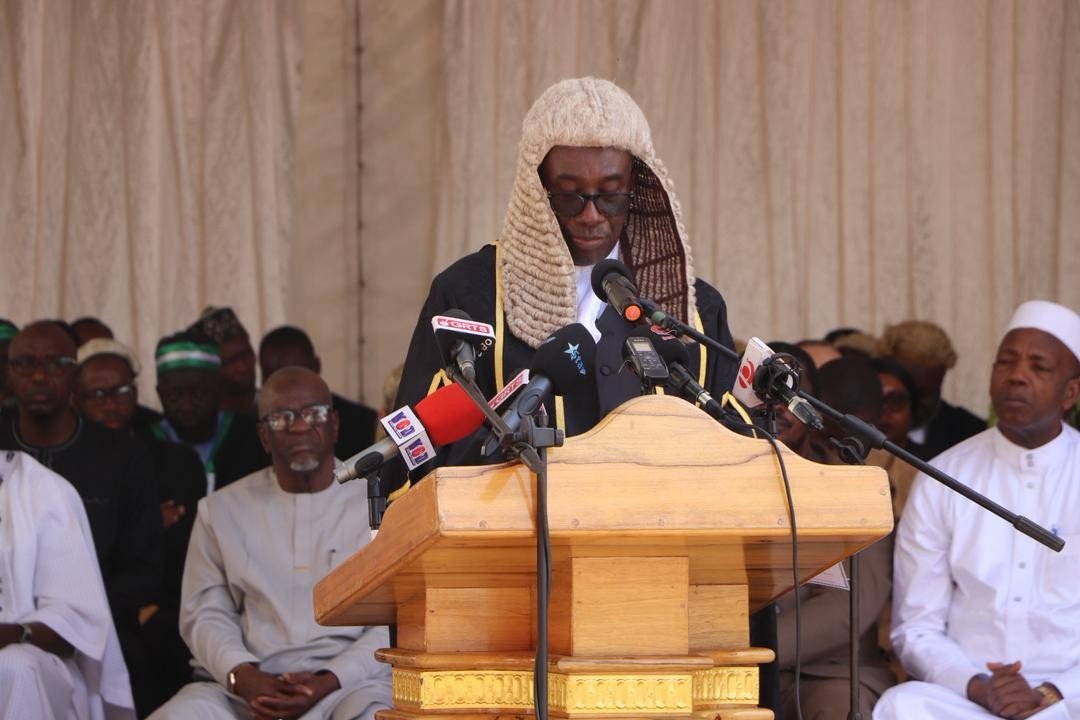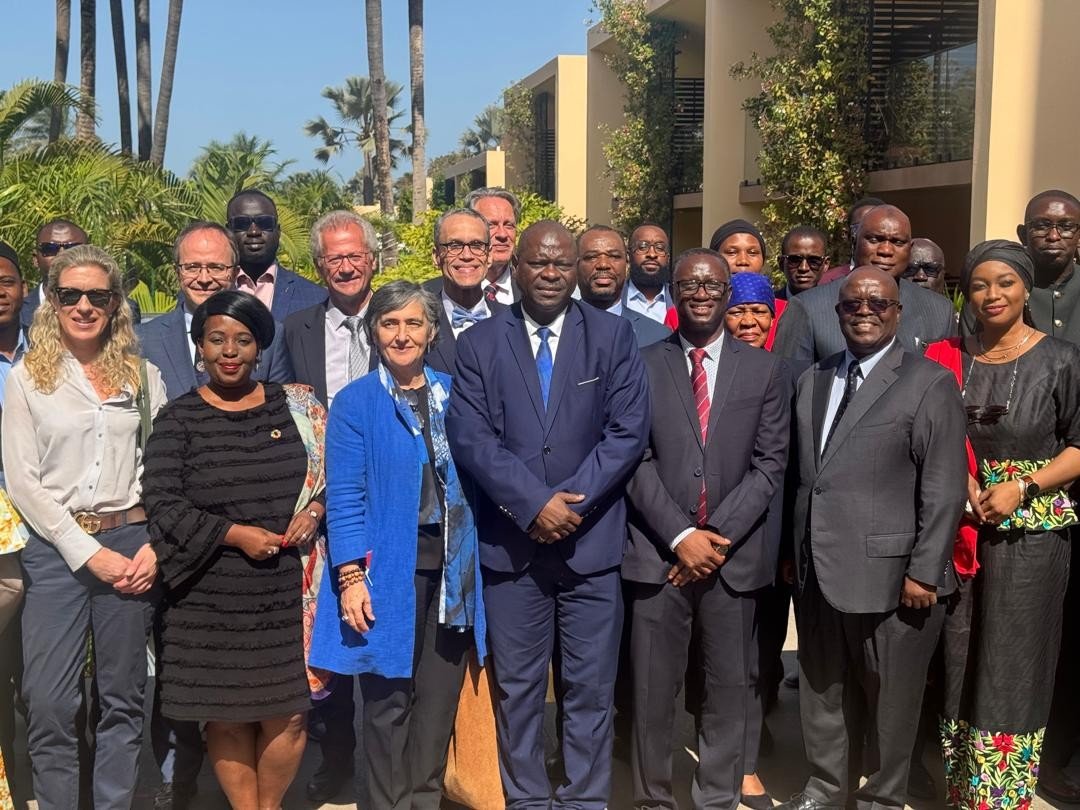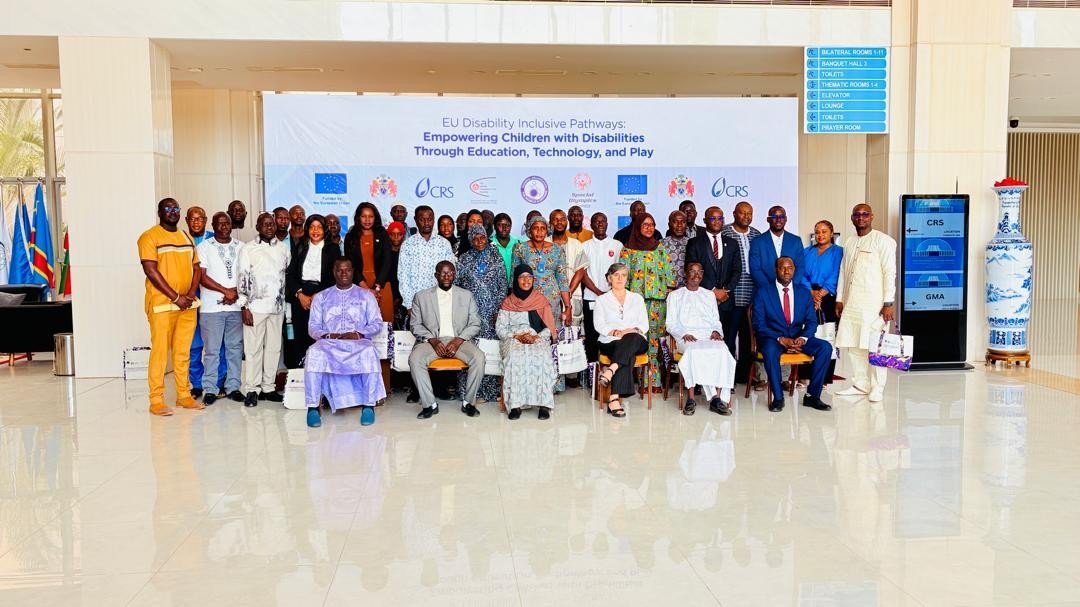Findings have revealed massive downturn with regard to public trust and confidence over local government local administrations and local governance in The Gambia in general.
This is triggered by very serious findings by the ongoing Local Government Commission of Inquiry. Such findings range from widespread corruption, patronage, favouritism, nepotism, embezzlement, misappropriation of funds, flouting of the provisions of the Local Government Act, and other legal frameworks and policies, among others.
So far, Commission has thus unveiled grave administrative and fiscal misdeeds. While its proceedings are far from the moments of conclusion, the issues disclosed so far alone have left the entire populace awed and shocked.
This has heightened the lack of public trust. Many have expressed lack of faith in the local administration and governance.
Essa, a concerned youth, conveys wholehearted disappointment, saying he has lost faith in councils bringing their administrative areas any good or meaningful development.
“It seems, the focus is more on personal enrichment than bring about genuine development for the people,” he says. Ousman Jallow aligns with this view, noting it is obvious.
Ansumana Colley, a prominent Political Science student at the University of The Gambia (UTG), underscores the gravity of the matter, while examining the “significant issues with regard to transparency and accountability” that has been revealed by the Commission.
Ansumana notes that apart from political biases, things such as non-compliance with procurement laws, inadequate record keeping and financial mismanagement “highlight overwhelming systemic flaws in local governance”.
“These issues, among others, point gaps in weak local governance oversight, limited capacity, and of course a need for stronger anti-corruption measures,” he says.
Even though initial scepticism fuelled by opposition parties – who argued that the Commission was meant to target opposition-led councils – surrounded its formation, the Commission, it is argued, has proven skeptics wrong. The likes of this would-be policy-maker believes that the inquiry is long overdue.
“Reports of systemic issues like procurement violations and financial mismanagement in local councils have persisted for years, as noted in the country’s National Audit Office (NAO) reports. I believe addressing these issues is critical for transparent and accountable governance,” he states.
Ansumana emphasises the need for accountability upon the Commission’s conclusion of its job to avert reoccurrence in the future. He also notes, “There should be effective and adequate capacity-building for all staff of councils, especially on the legal frameworks.”
A young student at the Faculty of Law in the UTG, who gave insights over this issue on the condition of anonymity, expresses views that almost resemble Ansumana’s. “It is seen by many as a witch-hunt of some of our political leaders. It is, however, apparent that there has been a gross mismanagement of public funds.”
He thus deems “it is a necessity and commends the government for the establishment of the Commission”.
However, unlike his colleague (Ansumana) who studies politics and governance, the law student is still sceptical of the impact of reforms: “In a society where corruption is deeply rooted and cultural, institutional reforms, to me, would become futile.”
He advocates for exceptional fiscal mechanisms, such as ‘govpay,’ to limit officials’ access to public funds.
Biran Gai, a seasoned researcher and Political Science lecturer taking ‘Decentralisation and Local Governance in The Gambia’ at the University of The Gambia, underscores the gravity of the Local Government Commission’s findings and its implications on public trust and on the country’s democracy.
These serious findings display the “dysfunctional state that defines the inconsistent and disoriented nature of local government structures in The Gambia”, according to Mr Gai.
“There is failure of institution at every level,” said the lecturer, who also lectures in Political Behaviour, Civil-Military Relations, Political Parties and Pressure Groups and other key Political Science courses at the UTG.
Robust local governance needed to restore faith in a system that had long lost credibility, now worsen by grave findings of a Commission.
The law student, who studies legal principles, national and international legal frameworks, and a political science student, who studies administration, local governance and policies, have suggested accountability and robust fiscal operations mechanisms. But is that enough?
Lecturer Biran not only underscores the need for accountability and transparency but adds other measures. They include review and update of the legal frameworks guiding local governance (e.g. Local Government Act and the Local Government Finance and Audit Act), asset declaration for top council position occupiers, clarification of functions between political appointees and elected officials, digitalisation, independent oversight and audit and capacity-building or robust hiring process premised on good academic qualifications.
Meanwhile, there is likely for more damning issues to be unveiled as the Commission continues its investigation, which could further worsen the credibility of the local government administrations and drastically pull down public trust and confidence over the efficacy of local governance in The Gambia.
The Commission is currently on a recess, and hearing is anticipated to resume in no time.







Great write-up.
One of the challenges we face as a country is poor administration –governance. The government needs to implore drastic measures, as highlighted in the write-up, to avoid administrative backslash. Ethics must be uphold in government institutions. The level or corruption in this country is really alarming.